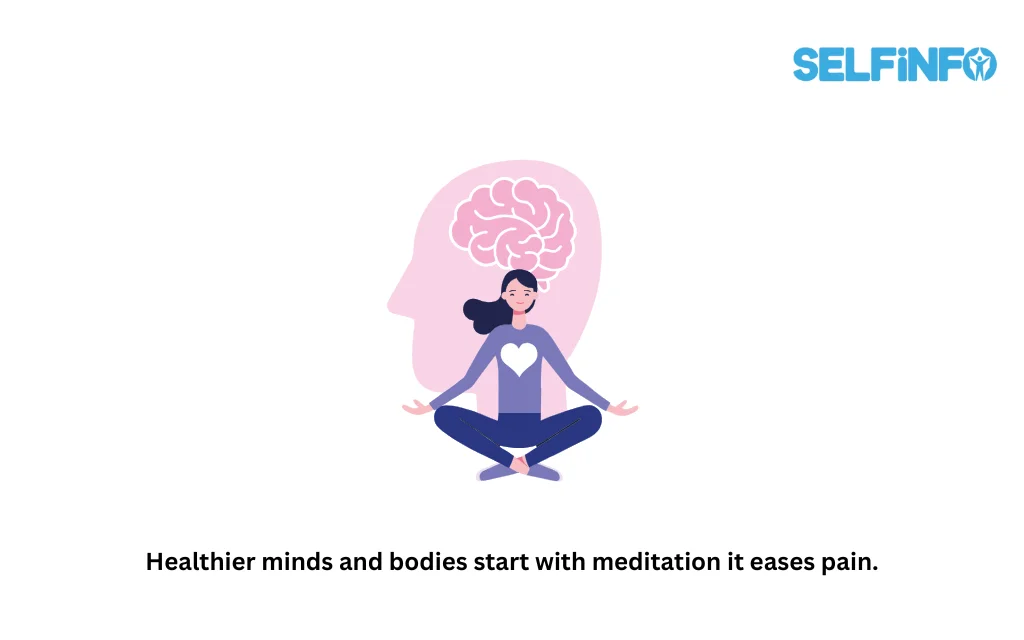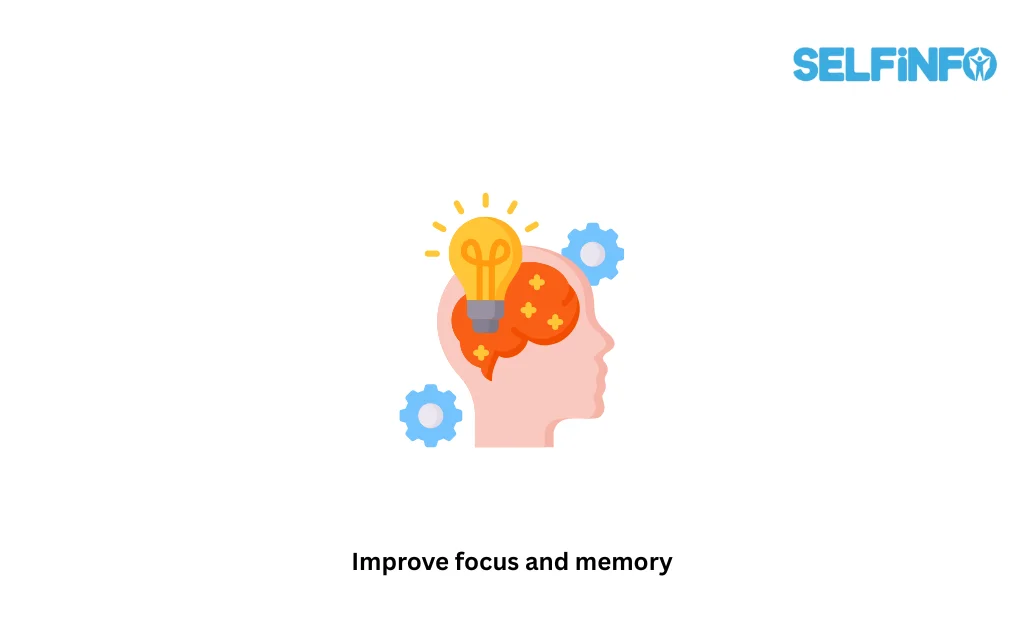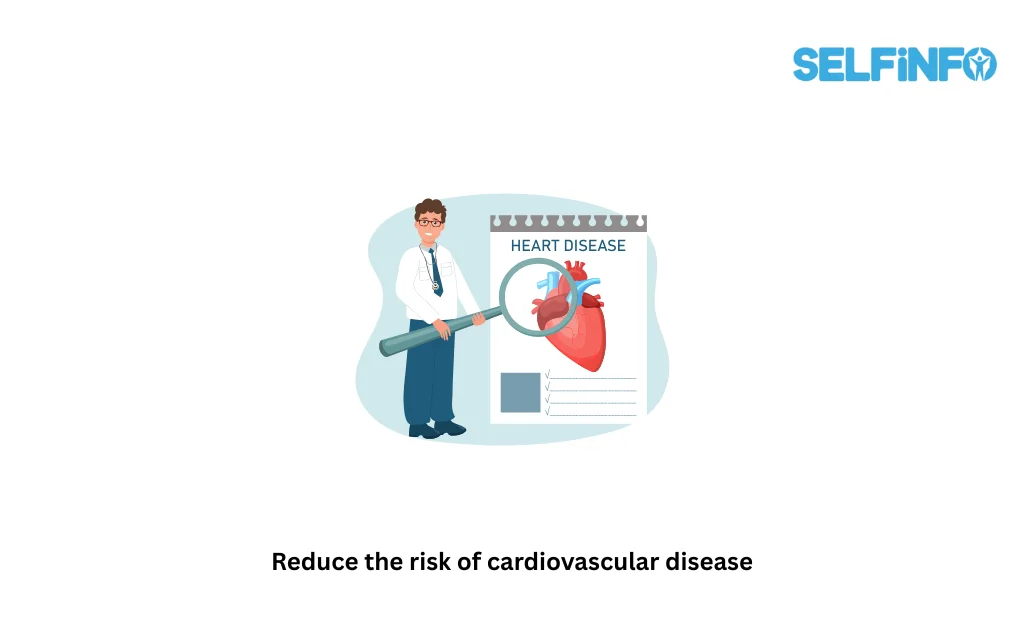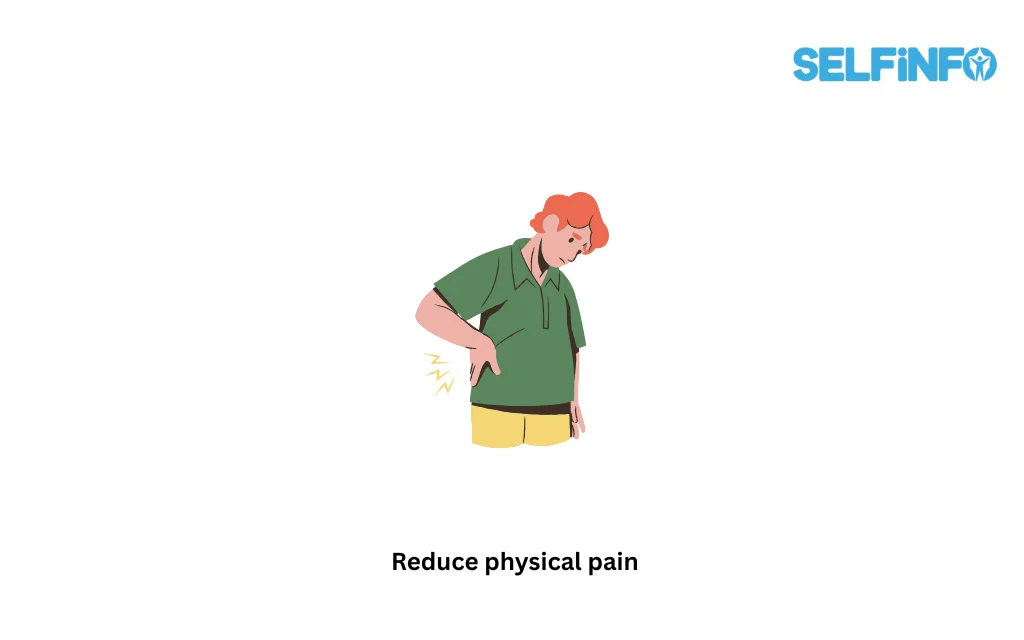Healthier minds thrive in new beginnings. I was a bright-eyed engineer fresh out of graduate school, ready to take on the world. Landing a great job at a global firm, I began working with people from all over the world.
So when I started having chronic migraines shortly after starting my new job, it was a huge setback. I would wake up every day feeling good, then a few minutes later I would feel so dizzy that I thought my head was going to float away.
However, heredity alone was to blame, not stress. My great-grandmother, mother, and grandfather had all suffered from migraines.
Lights. Noise. Crowds. screens of computers. I was miserable because of them.
I needed relief, even though I was able to conceal my problems from friends and coworkers quite effectively. The doctors I met were unable to help much because my symptoms were not typical of migraines, and homeopathic medicines did not work for me either. Since meditation had previously helped her with her ailments, my mother advised me to give it a try.
Meditation?

As an engineer with a tendency toward analysis, I was dubious. Like many of us, I thought that meditation was only for monks who lived in the mountains, away from the commutes, crowds, and never-ending computer screens of the modern world that cause the rest of us migraines. They also wore strange robes.
However, I had nothing to lose.
I began by setting aside a minute each day. Then two. Then five.
My symptoms improved the more I meditated. Despite some setbacks, my condition generally got better. After a few years, I no longer felt like my brain was about to blow up when I went to a bar or wrote an email.
At last, I felt like myself again.
Although I was not positive whether meditation was the only factor contributing to the improvement, my analytical mind was eager to learn more—the more concrete evidence and facts, the better. The research I have seen indicates that meditation can:
1. Improve focus and memory

According to a 2013 study from UC Santa Barbara that was published in Psychological Science, mindfulness exercises like meditation can help us concentrate better and remember specifics.
A brief period of silent meditation in the morning can have a beneficial impact on our critical thinking abilities for those of us with busy jobs whose attention is continuously diverted by our cell phone, desk phone, email inbox, the person at our desk, and the countless other office distractions.
2. Reduce stress and anxiety
According to Harvard Medical School research, meditation can physically alter the amygdala, the area of the brain linked to stress and anxiety, and reduce stress levels.
It should go without saying that we will be more at ease if we remain silent and still. However, it is comforting for all of the doubters out there, like myself, to know that the anecdotal evidence of meditating lowering stress levels is now supported by actual changes in the brain.
3. Reduce the risk of cardiovascular disease

According to a 2012 study that was published in Circulation: Cardiovascular Quality and Outcomes, regular meditation can lower stress levels and lower the risk of cardiovascular disease.
A control group and a group that participated in a transcendental meditation program were created from the study’s patients, all of whom had coronary heart disease.
The group that received the meditation instruction experienced reduced blood pressure and stress levels, as well as fewer heart attacks and strokes, during the course of the multi-year study.
As we age, heart disease is still a major worldwide issue that may impact many of us. However, research like these demonstrates that we have an additional weapon to help enhance our cardiovascular health in addition to the instruments of contemporary medicine.
4. Boost our immune systems
According to a 2003 study that was published in Psychosomatic Medicine, meditation also has the significant advantage of strengthening our bodies’ defenses against sickness and disease.
A control group and another group of volunteers who underwent meditation training were compared throughout the trial. Subsequently, it was discovered that the meditators’ blood contained a notably greater quantity of antibodies, which aid in preventing illness, than the control group.
Accordingly, frequent meditation may reduce the frequency of illness, allowing us to spend more time enjoying ourselves and our loved ones rather than wallowing in bed. The following flu season, let us keep that advice in mind.
5. Reduce physical pain

A 2015 Wake Forest University study that was published in the Journal of Neuroscience claims that meditation can lessen our bodies’ perception of pain.
Patients who had received mindfulness training and meditation during the trial reported less pain when they came into contact with hot surfaces than those who had not.
This also applied to a group of “meditating” patients who had injections that artificially prevented their bodies from producing opioids, which are our body’s natural painkillers and start working as soon as we experience pain.
The authors came to the conclusion that future research could assist identify the precise mechanism by which meditation reduces pain, and that this has the potential to help manage chronic symptoms and minimize reliance on prescription medication.
My personal experience with daily migraines has given me complete confidence in the Wake Forest outcomes. A few minutes a day could make a huge impact for anyone else who is in agony.
Tibetan monasteries are no longer the only places where meditation is practiced. Some of the world’s most reputable health organizations are researching it, and they can now use science to support claims that have existed for thousands of years.
Meditation can significantly reduce physical pain by calming the nervous system, lowering stress levels, and helping the body enter a more relaxed and balanced state. Through regular practice, it trains the mind to observe pain without reacting to it with tension or anxiety, which often worsens discomfort. Over time, this mindful approach can lead to improved pain tolerance, reduced inflammation, and a greater sense of control over one’s physical and emotional wellbeing.
